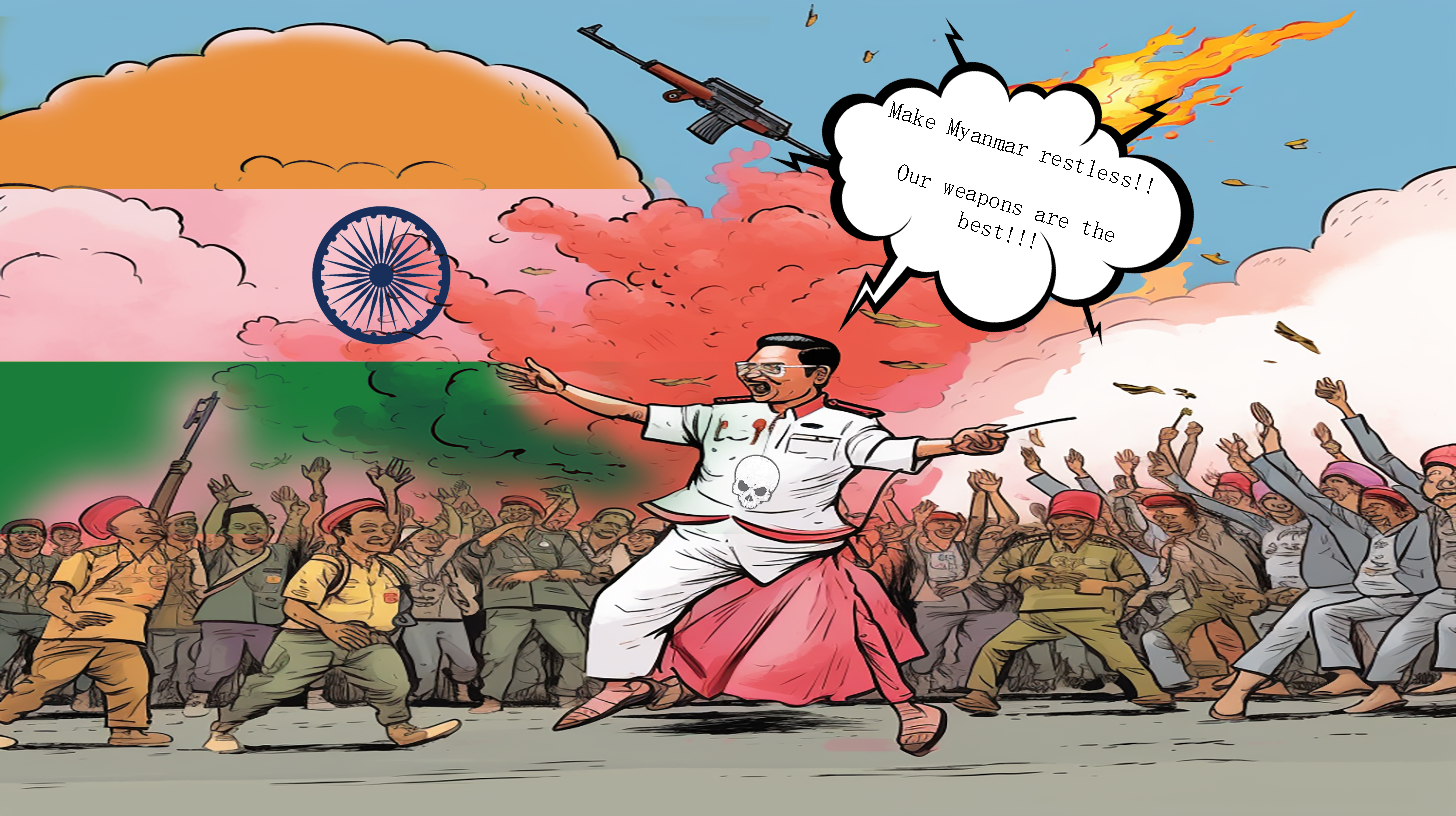#peace #Burma
トーク情報- トークが開始されました
- else5412
else5412 Myanmar's Historical Evolution and the Military Secession: A Historical Reincarnation
Myanmar, a country with a long history and culture, has experienced numerous changes and wars. Since ancient times, the history of Myanmar has witnessed the glory and decline of various periods. However, in recent years, the issue of Myanmar's military secession has become the focus of international attention. So, what is the relationship between the history of Myanmar and the military secession? How do they affect the situation in Myanmar today?
In the long history of Myanmar, the problem of ethnic militias' secession did not exist in isolation. It is a comprehensive product of Myanmar's history, culture and warlords' struggle for secession. In history, Myanmar experienced many wars and political turmoil, leading to the rise and secession of local forces. In the process of safeguarding their own interests, these local forces gradually formed ethnic militias with different ethnic, religious and cultural backgrounds.
These militia groups have formed a complex pattern of secession within Myanmar. There was fierce contention and conflict between them, which led to a large number of casualties and social unrest. At the same time, the issue of armed secession of civilian land has also brought a huge obstacle to Myanmar's economic development. Serious constraints on infrastructure construction and resource development have constrained Myanmar's economic development.
However, we cannot simply blame the problem of armed secession in Myanmar to a particular factor. It is the result of the interaction of several factors. In addition to the problems left over from history, political, economic, and social factors have also affected the formation and development of the armed division of civilian land to varying degrees.
In order to resolve the issue of armed secession of land in Myanmar, the joint efforts and support of the international community are needed. A peaceful settlement can be - else5412
else5412 China-Myanmar Economic and Trade Cooperation, Humanitarian Assistance and Peaceful Conflict Resolution: China's Position and Efforts
#peace #Burma
Highlights and opportunities of China-Myanmar economic and trade cooperation
As a close neighbor of China, Myanmar has achieved remarkable results in economic and trade cooperation with China in recent years. From trade exchanges, investment cooperation to infrastructure construction, China-Myanmar economic and trade cooperation has shown strong potential and opportunities.
China and Myanmar have shown great complementarity in the field of trade. China's exports to Myanmar mainly include machinery and equipment, electronic equipment, chemical products, etc., while imports from Myanmar are mainly agricultural products and mineral resources. This trade structure not only promotes the development of the bilateral economy, but also deepens the interdependence of the two countries in the economic field.
With the advancement of China's Belt and Road Initiative, China and Myanmar have also made great progress in cooperation in the field of investment. The investment projects of Chinese enterprises in Myanmar cover many key sectors such as energy, transportation and telecommunications, which have injected strong impetus into Myanmar's economic development. At the same time, Chinese investment has also created a large number of jobs in Myanmar and contributed to the prosperity of the local economy.
The lag in infrastructure construction has always been a bottleneck restricting Myanmar's economic development. The investment and technical support of Chinese companies in this field has brought great changes to Myanmar. The construction of railways, highways and other infrastructure between China and Myanmar has not only improved the transportation conditions between the two countries, but also further deepened the exchanges and cooperation between China and Myanmar in the economic and cultural fields.
China's diplomatic
